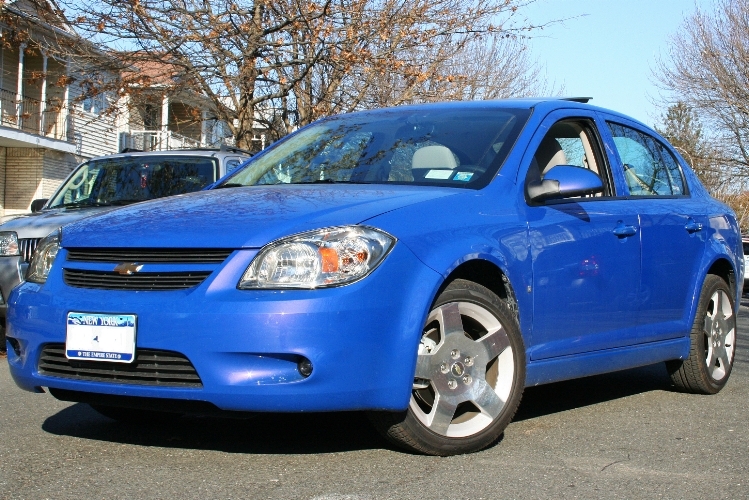
Many people opt to sell their car before buying a new one to avoid the hassle of negotiating on a trade-in value. Usually you can get more money by selling your car yourself rather than trading it to a dealer. However, there are some important things to know when putting your vehicle up for sale. If you have the right knowledge, it will help you set a fair price, sell your car more quickly and avoid scammers who prey on used-car sellers.
When selling your car, you need to know its true value. This does not mean its Kelley Blue Book value, although Kelley's website is a good place to get some basic numbers. However, no matter what the official sources say, your car's real value is equal to the amount similar vehicles are selling for in your area. Prices can vary widely by state and city. Find out the going rate in your area by checking online and classified ads and the websites of used-car dealers, such as Carmax.
Know your free advertising options and exhaust them before you start paying for ads. There are many free online websites, such as Craigslist and Kijiji, that allow you to post free ads. Put a sign in the car so it can act as a rolling billboard. Hang cards on billboards in local stores. If these efforts fail, you can always put a paid ad in your local newspaper classifieds or on a website such as Auto Trader or Autobytel.
First impressions do count when selling your car. Even if the vehicle is in perfect mechanical shape, you'll turn off prospective buyers if it has a muddy body and dirty interior. Detail the car yourself or hire someone to do it for you.
Some times of year are better for selling cars than others. People aren't typically interested in buying a vehicle around the holidays, because they are focused on buying gifts and planning and attending parties and family gatherings. If you want to sell your car, it's better to hold off until tax refund season if you can. That's when people will have extra money for big-ticket purchases like cars. Back-to-school time can also be good, as many high school and college students are looking for reliable transportation to and from class.
Have all the necessary paperwork ready before you put your car up for sale. This includes the title (if your car loan is paid off), warranty information if there is still any coverage, and receipts for oil changes and other maintenance and repair work. You will be able to show prospective buyers that the car has been well maintained and back up any statements about recent repairs. You'll also be ready to finalize the sale if they decide to buy the vehicle
There are many scams related to private car sales. One of the most common is hearing from a buyer who wants to buy your car sight unseen. He sends you a check for several hundred dollars over the asking price, telling you to send the excess via Western Union to a friend who will be picking up or shipping the car. The check will initially clear, but eventually it will be returned as a fake. By then, you'll have wired the money and be responsible to your bank for the full amount of the check. Another scam involves a company calling you to say they have a buyer for your car. They won't reveal his identity until you pay a fee. Of course, there is no buyer, and any money you give the scammer is lost.